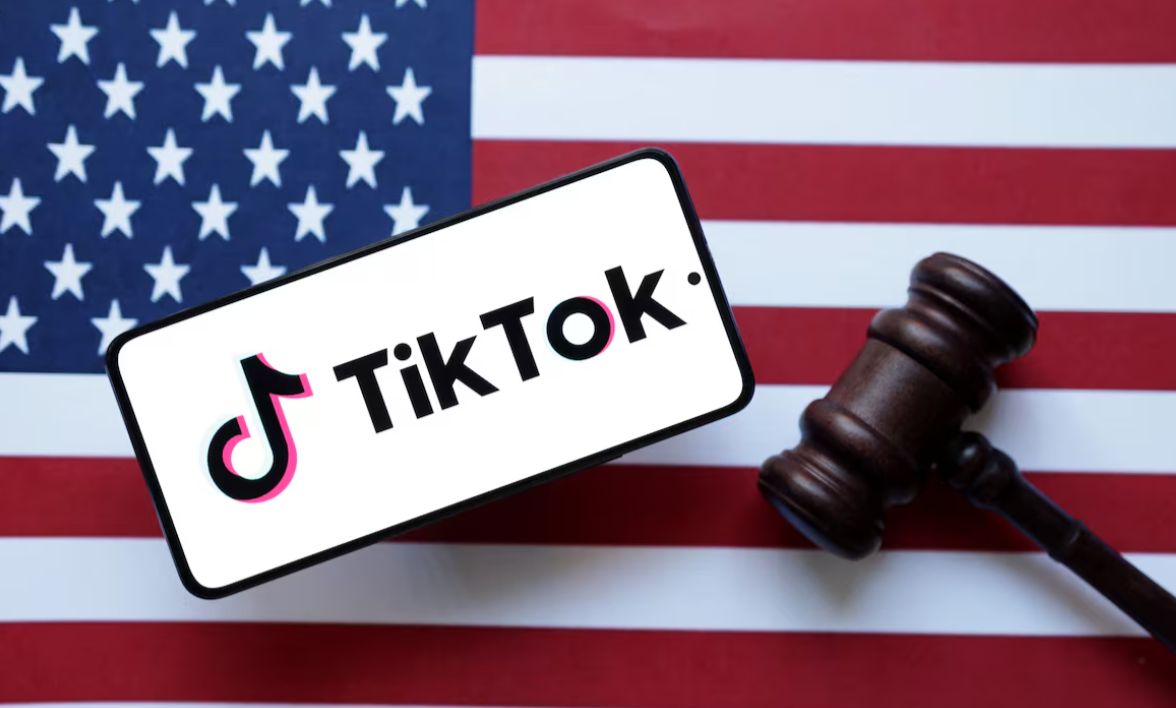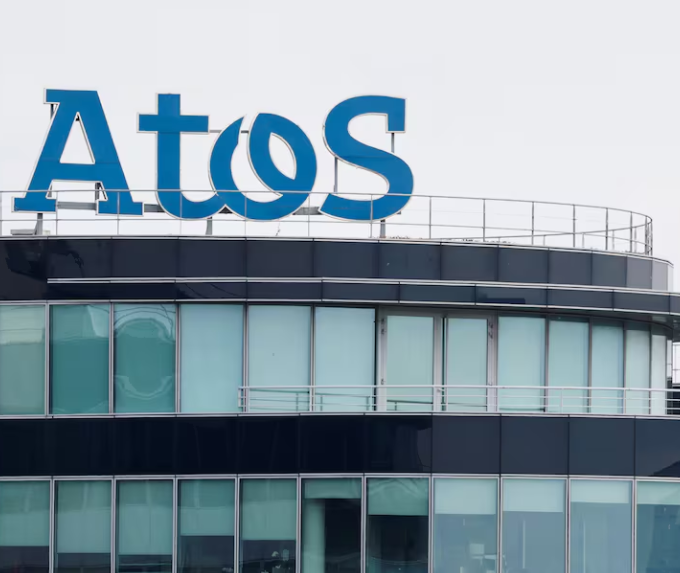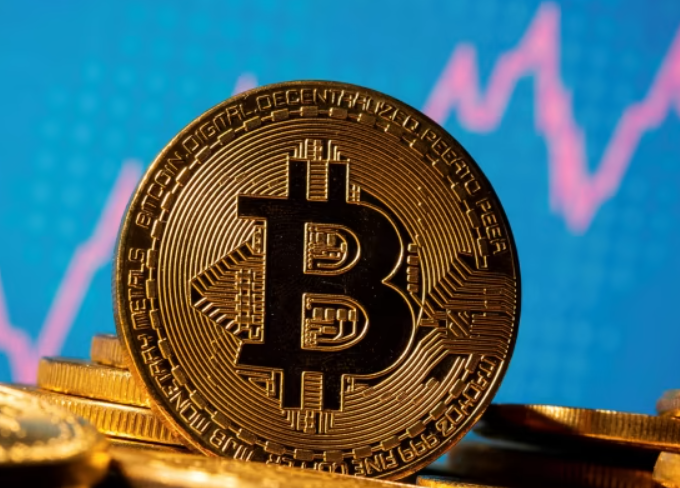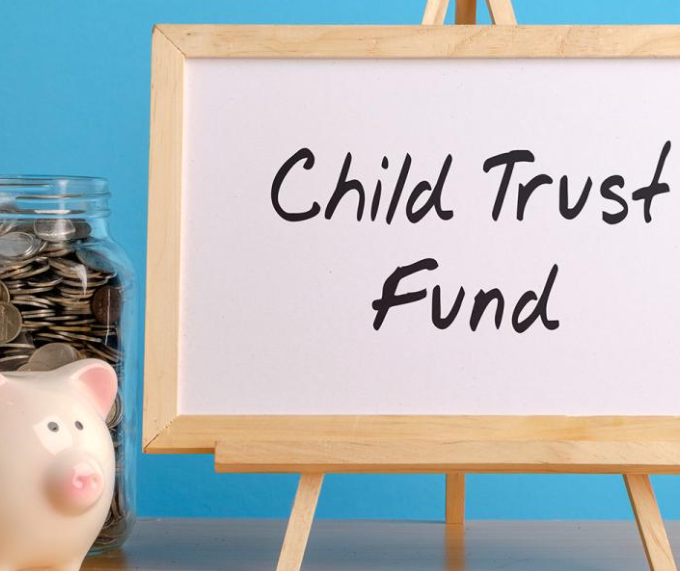- Home
- Billionaires
- Investing Newsletters
- 193CC 1000
- Article Layout 2
- Article Layout 3
- Article Layout 4
- Article Layout 5
- Article Layout 6
- Article Layout 7
- Article Layout 8
- Article Layout 9
- Article Layout 10
- Article Layout 11
- Article Layout 12
- Article Layout 13
- Article Layout 14
- Article Sidebar
- Post Format
- pages
- Archive Layouts
- Post Gallery
- Post Video Background
- Post Review
- Sponsored Post
- Leadership
- Business
- Money
- Small Business
- Innovation
- Shop
Recent Posts
TikTok’s Last Stand: Supreme Court Showdown Over Looming US Ban Raises Concerns of Far-Reaching Impact

In a high-stakes legal battle before the US Supreme Court, TikTok’s legal team has issued stark warnings about the broader implications of upholding a law that could force the popular social media platform to shut down by January 19, 2025. The platform’s attorney, Noel Francisco, cautioned that the precedent set by this case could extend far beyond TikTok, potentially affecting other companies operating in the United States.
During the Supreme Court arguments, Francisco highlighted the dangerous precedent this could set, suggesting that if Congress could take such action against TikTok, it might target other companies in the future. He illustrated this point by referencing AMC theaters, which was previously Chinese-owned, noting that similar logic could be applied to censor or promote specific films.
The case centers around legislation passed with bipartisan support in 2024, requiring ByteDance, TikTok’s Chinese parent company, to sell its US operations or face a nationwide ban. The law stems from longstanding concerns about national security risks associated with the platform’s Chinese ownership, particularly regarding data collection and potential influence operations.
The Supreme Court justices, during more than two hours of deliberations, appeared skeptical of TikTok’s arguments against the ban. Chief Justice John Roberts pointedly questioned the company’s ties to China, asking whether the court should ignore ByteDance’s obligations to conduct intelligence work for the Chinese government.
The stakes are particularly high for TikTok’s 170 million US users. If implemented, the ban would prevent new downloads from app stores and block updates for existing users, leading to the gradual degradation of the service over time. This would effectively force the platform to “go dark” in the United States, as Francisco warned during the proceedings.
The situation is further complicated by the upcoming political transition. President-elect Donald Trump, who previously supported a TikTok ban during his first term, has recently expressed a desire to “save” TikTok. Trump has requested the Supreme Court to postpone hearing arguments until after his inauguration on January 20, 2025, suggesting potential political solutions to the dispute.
The Biden administration, through Solicitor General Elizabeth Prelogar, has defended the law, emphasizing the urgent nature of the January 19 deadline. Prelogar argued that foreign adversaries would not voluntarily give up control over a major US communication channel, suggesting that the deadline might provide the necessary impetus for divestiture.
TikTok’s legal challenge characterizes the law as an “extraordinary and unconstitutional assertion of power” based on speculative concerns about data security and content manipulation. The platform’s content creators have joined the fight, questioning why TikTok has been singled out while other Chinese-owned platforms, such as Temu with its 70 million US users, remain unaffected.
As the January 19 deadline approaches, the Supreme Court’s decision will have far-reaching implications for technology regulation, free speech, and US-China relations. The case highlights the complex balance between national security concerns and constitutional rights, setting a potential precedent for future regulation of foreign-owned technology platforms in the United States.
- app stores
- ByteDance
- China
- Chinese Technology
- constitutional rights
- content creators
- content distribution
- Content Moderation
- cybersecurity
- data governance
- data privacy
- data protection
- digital communication
- digital economy
- Digital Infrastructure
- digital markets
- digital platforms
- digital policy
- digital privacy
- digital rights
- Digital Security
- digital sovereignty
- digital surveillance
- Donald Trump
- First Amendment
- foreign investment
- foreign ownership
- free speech
- International Business
- international commerce
- International Relations
- international technology
- international trade
- Joe Biden
- mobile apps
- Mobile Technology
- national security
- national security law
- platform regulation
- Social Media
- Social Networking
- Supreme Court
- tech companies
- tech diplomacy
- Tech Industry
- tech legislation
- tech policy
- tech regulation
- technology ban
- tiktok
- US ban
- US-China Relations
- user data
- user privacy
Recent Posts
Categories
- 193 Countries Consortium Partner1
- 193cc Digital Assets2
- 5G1
- Aerospace & Defense48
- AI37
- Arts3
- Banking & Insurance11
- Big Data3
- Billionaires1,506
- Boats & Planes1
- Business332
- Careers13
- Cars & Bikes79
- CEO Network1
- CFO Network17
- CHRO Network1
- CIO Network1
- Cloud10
- CMO Network18
- Commercial Real Estate7
- Consultant1
- Consumer Tech194
- CxO1
- Cybersecurity73
- Dining1
- Diversity, Equity & Inclusion4
- Education7
- Energy8
- Enterprise Tech29
- Events11
- Fintech1
- Food & Drink2
- Franchises1
- Freelance1
- Future Of Work2
- Games149
- GIG1
- Healthcare79
- Hollywood & Entertainment203
- Houses1
- India’s 1000 Richest1
- Innovation46
- Investing2
- Investing Newsletters4
- Leadership65
- Lifestyle11
- Manufacturing1
- Markets20
- Media327
- Mobile phone1
- Money13
- Personal Finance2
- Policy569
- Real Estate1
- Research6
- Retail1
- Retirement1
- Small Business1
- SportsMoney42
- Style & Beauty1
- Success Income1
- Taxes2
- Travel10
- Uncategorized15
- Vices1
- Watches & Jewelry2
- world's billionaires1,475
- Worlds Richest Self-Made Women2
Related Articles
Atos Surpasses 2024 Liquidity Targets with €2.19 Billion Year-End Position, Marking Strong Financial Recovery
French IT giant Atos SE has announced its estimated liquidity position for...
By 193cc Agency CouncilJanuary 22, 2025Innovative Gaming Meets Sustainability: Cranfield School’s “Game of Life” Wins Prestigious FT Teaching Award
In a significant recognition of innovative educational approaches, Cranfield School of Management...
By 193cc Agency CouncilJanuary 22, 2025Bitcoin Shatters Records, Surges Past $109,000 as Trump’s Inauguration Fuels Crypto Rally
In a historic moment for the cryptocurrency market, Bitcoin reached an unprecedented...
By 193cc Agency CouncilJanuary 20, 2025Billions in Child Trust Funds Remain Unclaimed as Young Adults Miss Out on Financial Windfall
A staggering £1.4 billion in Child Trust Funds (CTFs) remains unclaimed, with...
By 193cc Agency CouncilJanuary 20, 2025















Leave a comment